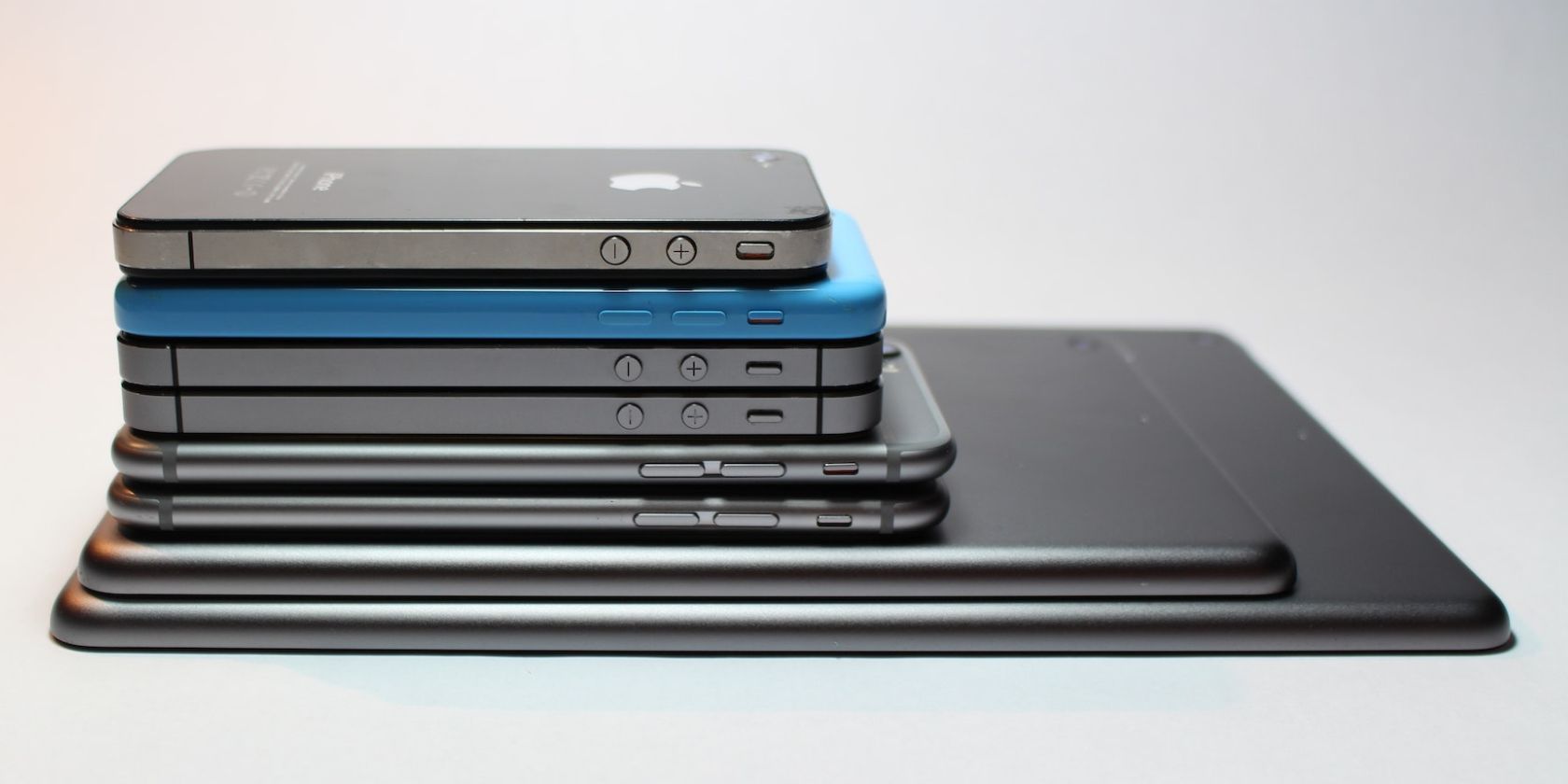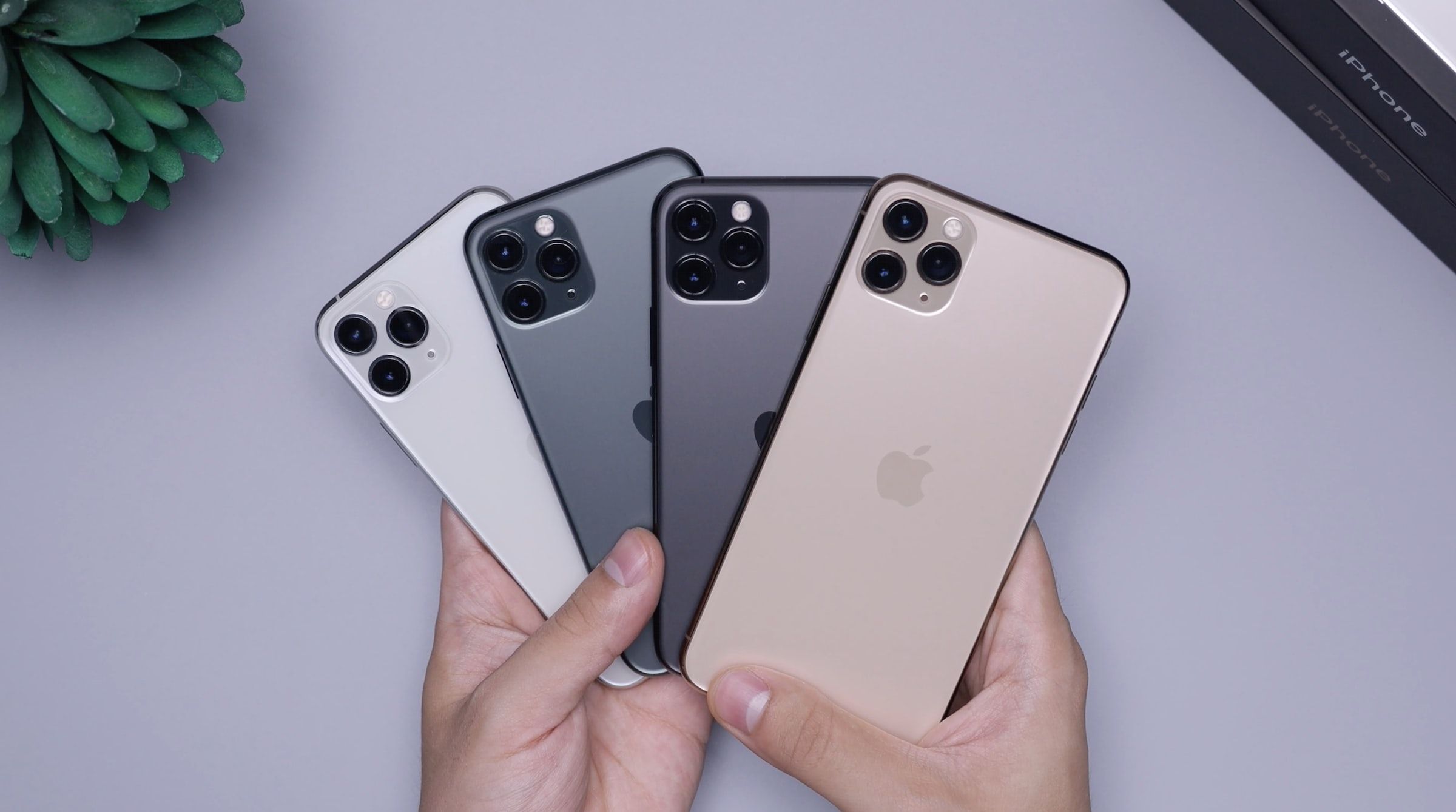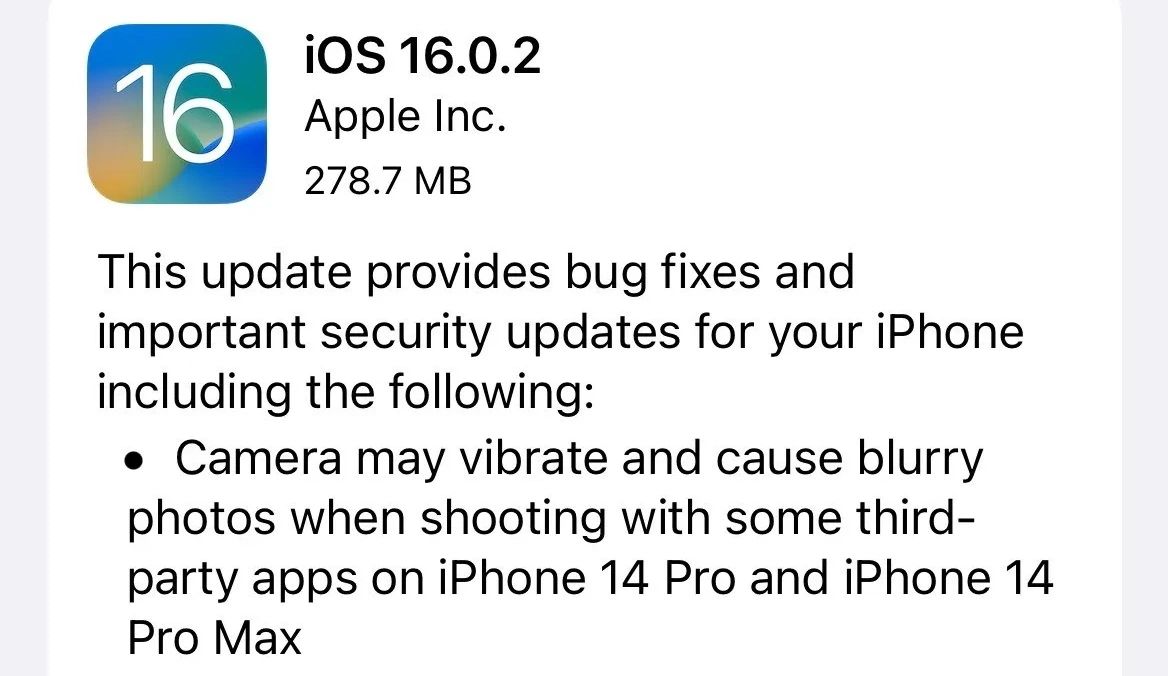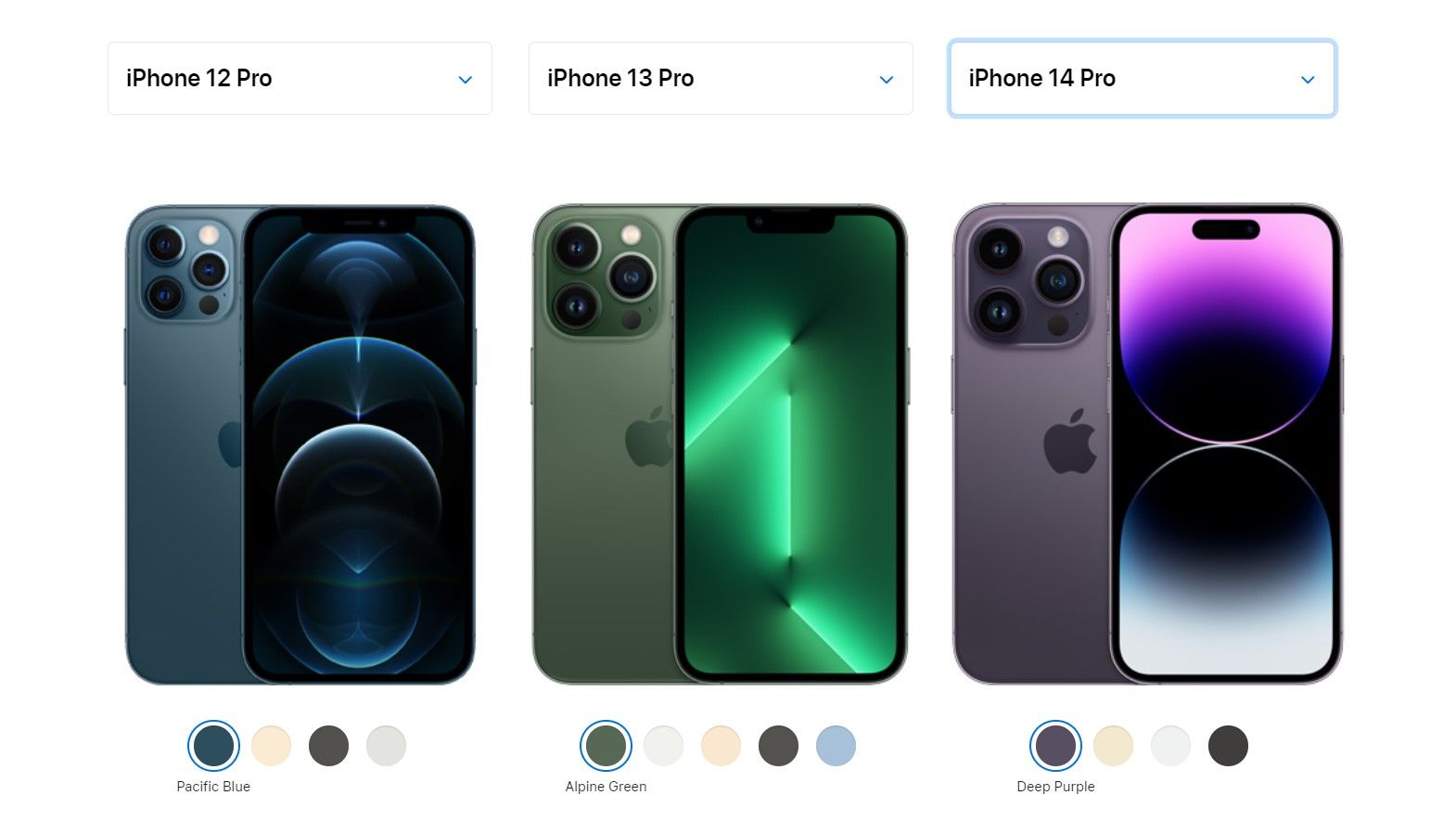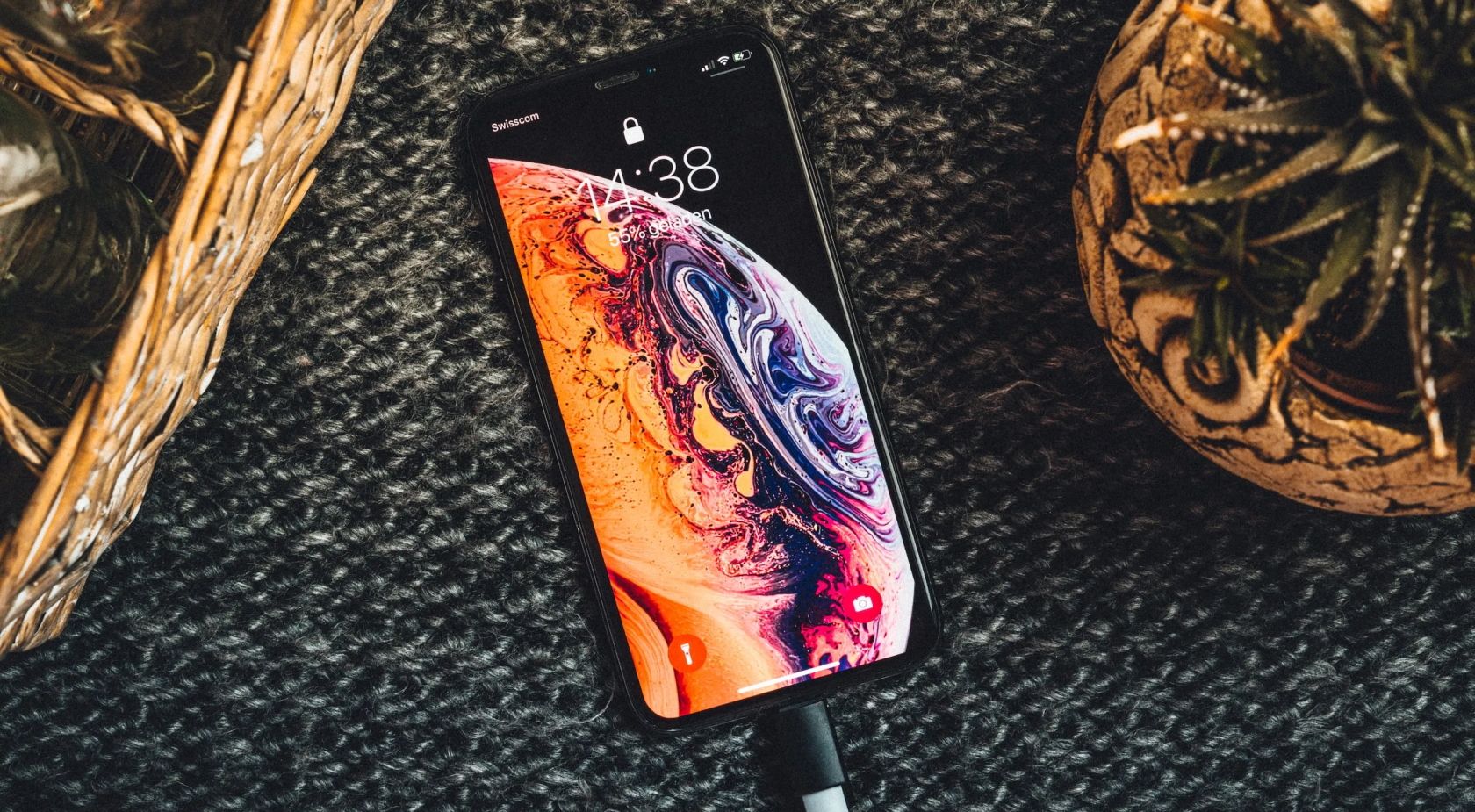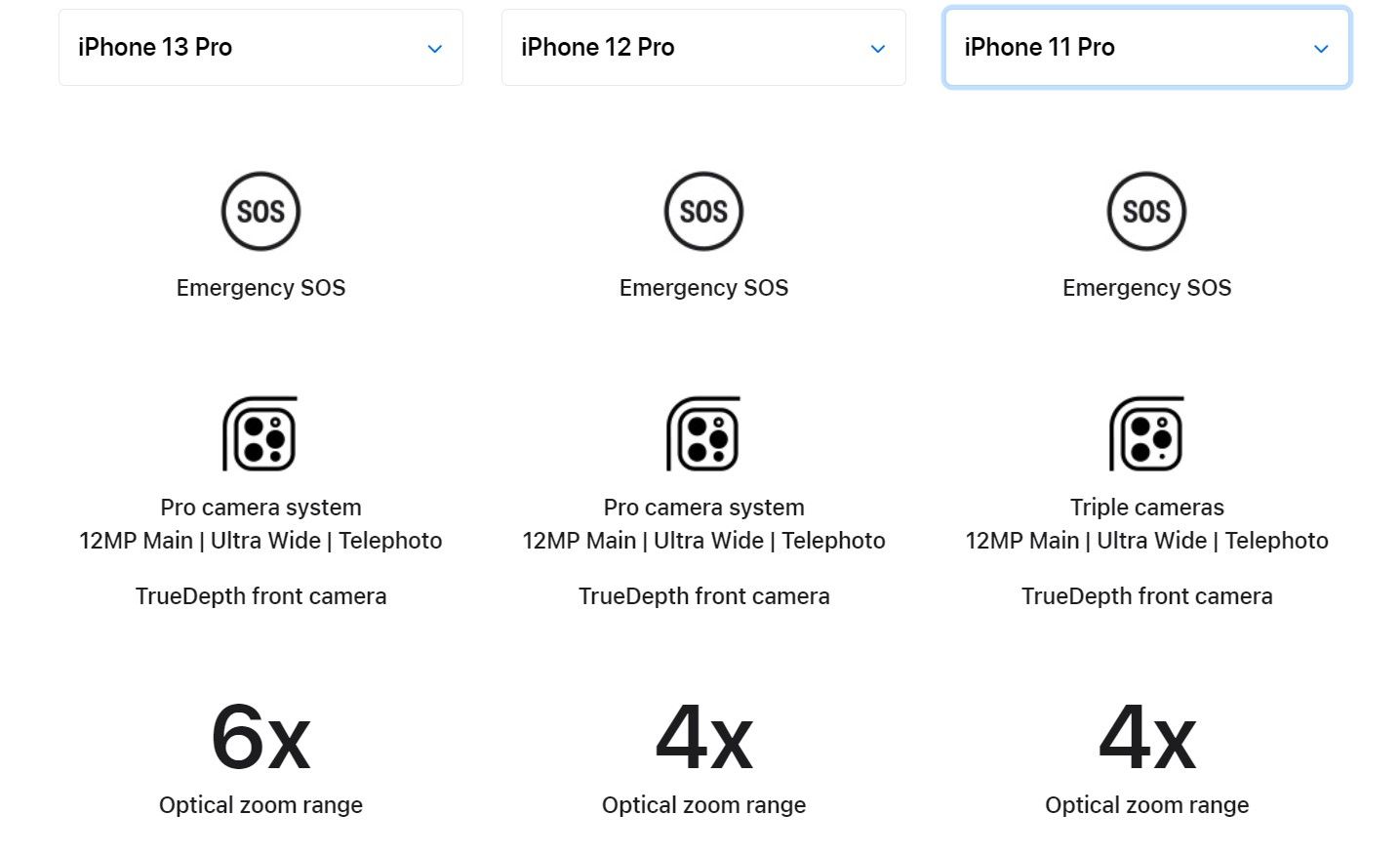In 2007, the world saw an innovative product in the shape of the iPhone. Since then, iPhones have gained immense popularity as a trendsetter, a symbol of style, and a convenient device. As a result, Apple introduces new iPhone models in the market annually with very few changes.
This leaves people questioning whether an upgrade from their previous iPhone to the latest one is really worth it. Or, are they just paying additional cash to buy almost the same thing with a different name? Below, we'll list the top reasons not to buy a new iPhone every year.
1. Your iPhone Probably Looks the Same
Let's face it: many people purchase an iPhone because of that gorgeous Apple logo. And since Apple introduces newer models every year, there is hardly any major physical change in the shape and design of an iPhone.
It might make sense to buy a new iPhone if you have a three or four-year-old model, but you won't see any significant changes if it's just a year old.
We all remember the strikingly similar iPhone 7 Plus and 8 Plus, right? Try going for the iPhone 11 or higher models that at least have a different-looking body than iPhone 7 and bring new stuff to the table, like the absence of a home button and face recognition.
Upgrading your iPhone every year can only bring minimal changes to the exterior, so there's no need to stress out about the launch of the iPhone 14 if you already own an iPhone 13.
2. iPhones Get iOS Updates for Years
Apple understands that most iPhone users won't upgrade to the latest flagship every year. So, it manufactures devices with similar features that continue in newer models till a specific time.
You also get regular security updates, bug fixes, technical changes, and long-term iOS software support. Apple ensures its support to older iPhone models with the latest updates for a certain period. So, you don't need to purchase a new iPhone to enjoy the latest fixes and features.
For example, the iOS 16 is available for iPhone 8 and above, which is impressive for a phone that came out in 2017. Usually, an iPhone gets all major and minor system updates for five to six years. After that, the performance of the phone might deteriorate.
3. Performance Improvements Aren't Noticeable
Many people purchase an iPhone because of its ability to outperform other smartphones due to Apple's software optimization. Unlike Android phones, iPhones do not hang or freeze while being used. You will find fewer glitches even in the older models.
Even the older iPhones work smoothly if you just want to scroll your social media, send emails, and play light games with mediocre visuals. But if you're a professional gamer or like to play graphically intensive games, then upgrading to the latest iPhone model might be a good option.
As long as your iPhone receives regular updates, it likely won't glitch or freeze. Unless you want to play games requiring a more capable processor, the performance improvement goes unnoticed if a user upgrades their iPhones every year.
4. Full Price for a Few New Features
Apple fans anticipate a new iPhone every year, but we saw a series of phones with little to no difference pop up in the market and trend among users. Plus, there were very few changes in the general features as well, leaving users questioning the need to spend more money on almost the same thing.
Consider the iPhone 12 Pro, 13 Pro, and 14 Pro models. Apart from the camera size and colors, there is absolutely nothing that looks different. All these devices support the latest iOS 16, face recognition, memory, battery timing, water resistance, and connectivity.
The incremental changes available in the latest models usually go unnoticed. People call these phones "future-proof" because the older models also have the latest features, looks, and technology for the perfect user experience.
5. Your iPhone's Battery Is Good for At Least Two Years
Can we please bust the myth about the lousy performance of iPhone batteries? Of course, it's a different story if you own an obsolete iPhone that gets no updates, but that's not the case if your iPhone is just a couple of years old.
Recent models from iPhone X onwards have a good battery timing between 15 to 24 hours, requiring minimum charging. You only need to charge it once daily unless you play heavy games or watch movies.
Your phone can deliver normal peak performance for at least two years of regular use or 80% of the battery's original capacity. After that, you might start experiencing low timing and a more frequent need to recharge.
If you feel your iPhone's battery drains faster than before, try factory resetting the device to eliminate unnecessary file build-up. Usually, that solves the fast battery drainage issue.
And if resetting your phone doesn't work, you can get your iPhone's battery replaced for anywhere between $49 and $99 instead of spending close to a thousand dollars on upgrading your iPhone.
6. Camera Improvements Are Incremental
A high-quality camera is essential if you like taking high-resolution pictures. If you think Android phones have the best cameras, just look at the recent iPhones.
Although iPhones boast world-class cameras, what set them apart are the various iPhone camera modes that allow users to take pictures that match the setup.
Compare the iPhones that came out in the last two to three years, and you will quickly find that cameras have advanced to a point where you might not feel any difference except under low lighting conditions.
From Panorama shots to Slo-mos and Time Lapses, these modes are more than enough to eliminate the need to carry a DSLR. When you have all the necessary camera features in your current iPhone, what's the point of upgrading to a newer model each year?
Don't Stress Yourself to Buy a New iPhone
The iPhones are known for their charm and elegance, but most people prefer this smartphone because of its ability to outlive its price. Apple launches new models yearly with surprisingly similar features, and users get confused about whether or not they should upgrade.
If your iPhone has an excellent camera, receives iOS updates, and has good battery life, upgrading might just be a waste of money. Also, look at the features and see if you're okay with the ones in your current model. This way, you won't have to worry about an expensive upgrade.

